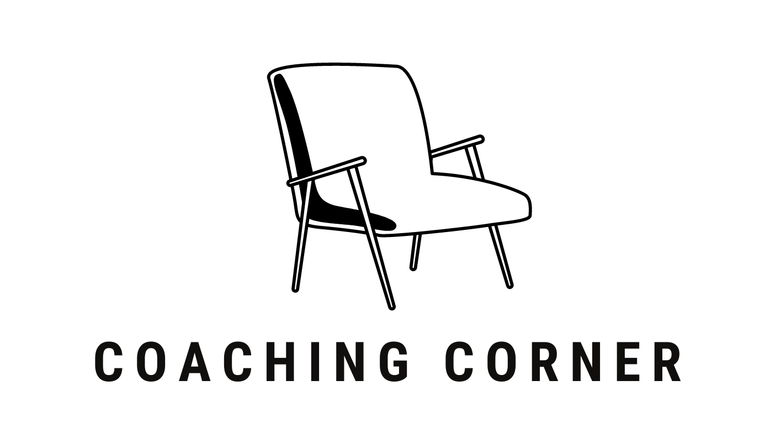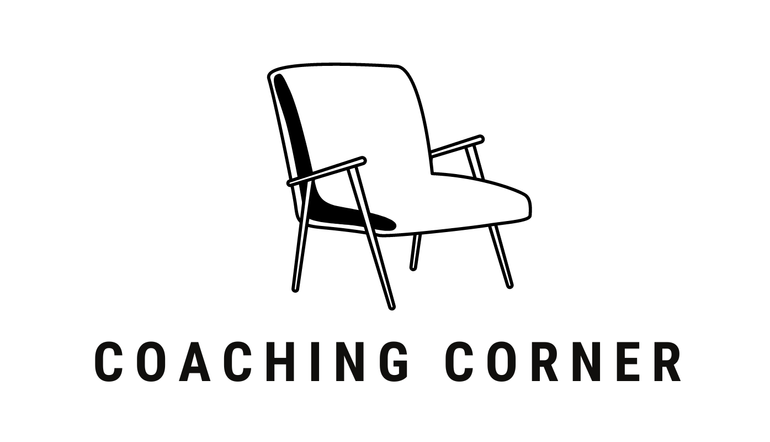Welcome to “Coaching Corner!” This is a new series where I outline a topic or series of topics that have come up in my coaching practice. While I always keep my clients anonymous, these are real issues that founders, executives, and/or leaders are facing right now.
I usually start my client calls with check-ins, a simple “How are you?” or “What’s on your mind today?” to help me figure out where someone is mentally, physically, and emotionally. It’s a nice way to ground the conversation and ramp up to what will become the focus of the next hour.
Earlier this month, one of my clients began by telling me that she’d recently returned from a weekend retreat with friends. She was feeling relaxed and rejuvenated. As soon as she shifted to talking about work though, her energy dropped. She fell silent for a moment and then sighed. She said she was dealing with a “challenging employee.” Her intuition about this employee was that, “He just doesn’t respect me.” Sadly, I’m quite familiar with this issue.
She’s a VP of Engineering for an early-stage startup. The team she leads is small, but it’s all male. She explained that while her communication with the others is healthy, this particular man regularly doesn’t follow team practices around tickets and sprints, and he has a pattern of not communicating in a timely way when he’s going to be absent. The real doozy, though, is that during one of their recent 1:1 meetings, she said, “he blew up at me.”
We talked through the conversation leading up to the blow up. She shared that right after the escalation, she wisely de-escalated, suggested they pause the conversation, and said that she would follow up later. In the later conversation, the employee apologized for being “overly sensitive.”
All this came out in the first 10 minutes of the coaching session! Nothing like jumping right in.
I wanted her to feel heard and seen so I began by reflecting back some of the conversation. I told her that it’s hard to not feel respected, and it’s stressful when someone blows up at you. I stressed that it’s never okay for anyone at work (or elsewhere, in my opinion!) to explode in anger, and that should be addressed first and foremost. I gave her some positive feedback for de-escalating and pausing the conversation, then I asked what would be most helpful for her in moving forward. She wanted to process more of the conversation and determine the best next steps to take with this employee.
I’m a big fan of the GROW framework. GROW is an acronym that stands for Goal, Reality, Options, Will. It’s a simple tool in my coaching toolkit to help focus a conversation and to narrow down into actionable next steps.
Goal
I first asked her what the Goal was with this employee. She said it was to have him follow company practices around communicating absences and for him to also follow team practices around documenting work. That seemed clear enough, but we decided to break it into two goals. Goal one was that he would follow company practices around communicating absences, and goal two was that he would follow team practices around documenting work.
Reality
We had already talked about the current reality around these two goals. This employee had a pattern of not communicating when he wasn’t going to be absent, and he also had a pattern of not adding descriptions or updates to his work tickets.
Options
I next asked my client what options she had for moving toward each of her goals. This is always where it gets a little tricky as it’s where the rubber meets the road, so to speak.
For the first goal, she said she thought it would be best if her CEO would reiterate to the entire team what someone is supposed to do when they are going to be absent. She thought this would be better received if it was company-wide and more of a reminder to the entire team versus coming from her.
For her second goal, she was going to bring up this topic in her next engineering meeting and ask for feedback from the full team on how they wanted to commit to this practice. From there, they would add this to their team documentation.
Will (or Way forward)
We wrapped up the session with clear steps on what was going to happen next. She was going to follow up with her CEO right after our call to ask her to reiterate company policies around absences, and she was going to add an agenda item to her next team meeting to talk about engineering team practices for documenting work.
Lastly, I want to say a few words about respect. Each person and every situation is different. We all have our own ways of approaching work and communication. We have different backgrounds and tolerance levels. We’ve also lost a sense of decorum in this time of remote work and social media. Bad behaviors were once taboo and now they are the social norm. In a coaching environment, we can work on ways to gain trust and respect, but while you can’t make anyone respect you, you can and must require respectful behavior. A company must have a culture where policies and values are enforced.

